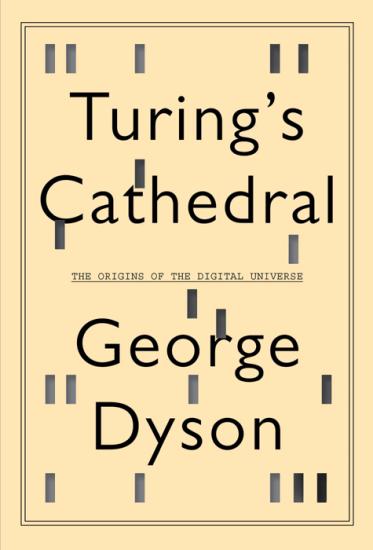
Rating: Not rated
Tags: Biography, Autobiography, Science & Technology, Computers, History, Science, Lang:en
Publisher: Knopf Doubleday Publishing Group
Added: August 2, 2018
Modified: November 5, 2021
Summary
"It is possible to invent a single machine which can be used
to compute any computable sequence," twenty-four-year-old Alan
Turing announced in 1936. In
Turing's Cathedral, George Dyson focuses on a small
group of men and women, led by John von Neumann at the
Institute for Advanced Study in Princeton, New Jersey, who
built one of the first computers to realize Alan Turing's
vision of a Universal Machine. Their work would break the
distinction between numbers that
mean things and numbers that
do things--and our universe would never be the same.
Using five kilobytes of memory (the amount allocated to
displaying the cursor on a computer desktop of today), they
achieved unprecedented success in both weather prediction and
nuclear weapons design, while tackling, in their spare time,
problems ranging from the evolution of viruses to the evolution
of stars.
Dyson's account, both historic and prophetic, sheds
important new light on how the digital...